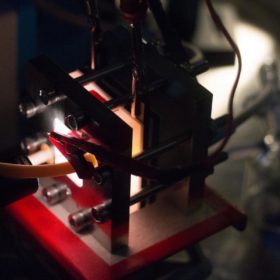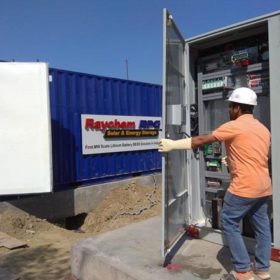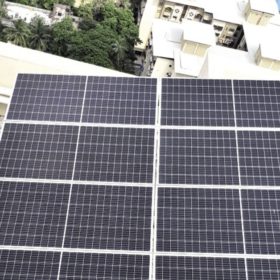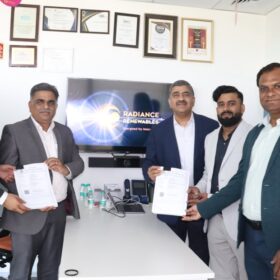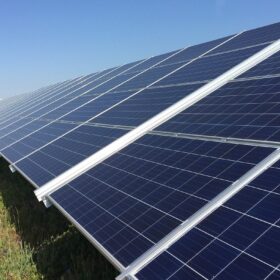MG Motor gets eChargeBays to install home EV chargers for customers
The company has already partnered with Fortum for fast charging and Delta Electronics India for slow charging segments. The latest partnership follows Ministry of Power’s revised guidelines for EV charging infrastructure that permit private charging at homes and offices.
CEL tenders off-grid solar in 4 states
The hybrid solar plants (with battery bank) shall come up at 34 railway station sites in the 4 states of Uttar Pradesh, Rajasthan, Assam and Bihar. Bidding closes on October 30.
Ministry issues bidding guidelines for solar-wind hybrid projects
The Ministry of New and Renewable Energy has suggested minimum 25-year power purchase agreements and also opened up the option of including energy storage in solar-wind hybrid generation projects procured under its public tender regime.
Proposals invited for transnational projects on energy storage solutions
The aim is development of sustainable, integrated solutions for both short- and long-term storage. November 12 is the last date for submitting expressions of interest. Projects are expected to start before December 15, 2020.
EESL to install EV charging stations in BSNL’s Punjab Telecom Circle
Under the MoU, Energy Efficiency Services Ltd will make the investment on services along with the operation and maintenance of the public charging infrastructure, while the telecom operator would provide the space and power connections.
The potential of microgrids and storage for India
“The addition of microgrids creates opportunities for developers to penetrate areas which were not previously explored while allowing the government to meet its renewable energy targets,” says Dr Jayashri Ravishankar—senior lecturer at the University of New South Wales (UNSW), Sydney—in an interview with pv magazine.
Goa to roll out 50 electric buses by March
The state bus company had originally sought central government funding for 250 vehicles but was given the green light for the smaller figure. A pre-bid meeting related to the tender is planned on Friday.
SECI tenders 500 quantities of solar cooking systems
Bids are invited for design, supply, installation and commissioning of solar home cooking systems in five districts of different states (Meghalaya, Chhattisharh, Jharkhand, Uttar Pradesh and Gujarat). Bidding closes on November 8.
Gujarat tenders for 100 battery-operated school vans
Manufacturers have been invited to compete for the tender by submitting expressions of interest by October 22. The vehicles must be ready to hit state roads by the end of March.
Australia’s Townsville battery gigafactory reaches new milestone
Plans to develop an 18 GWh lithium-ion battery factory in northern Queensland have reached an important milestone with the project feasibility study submitted to the Queensland government.



